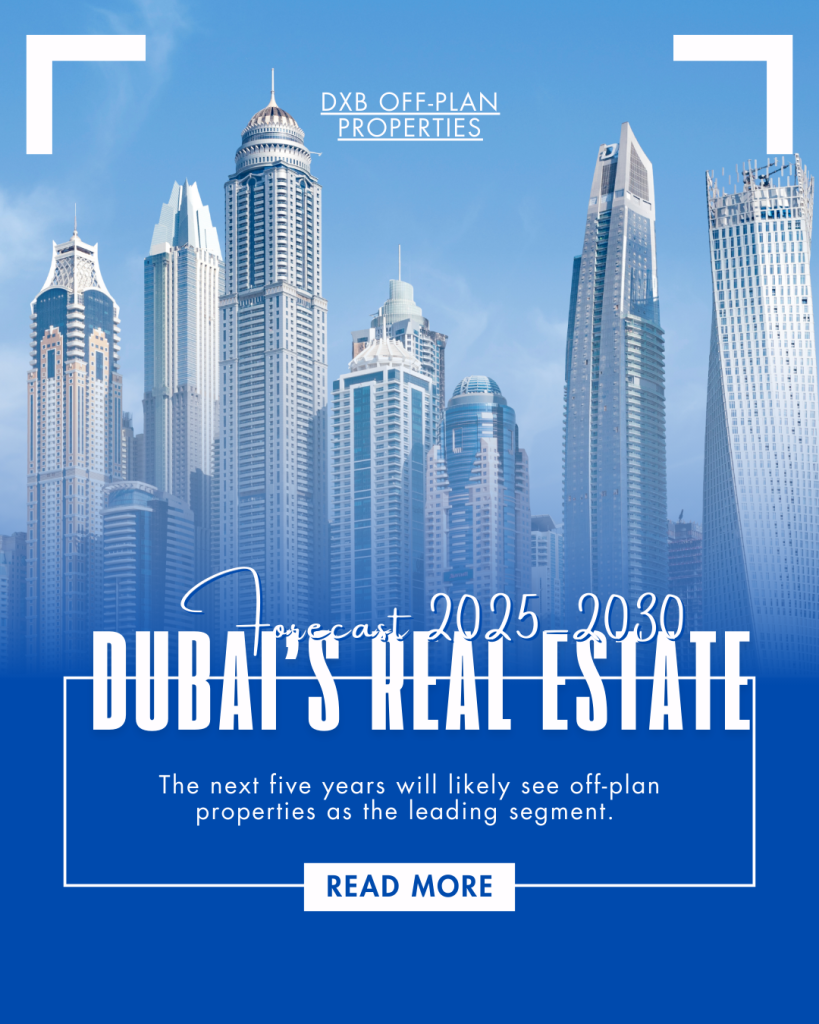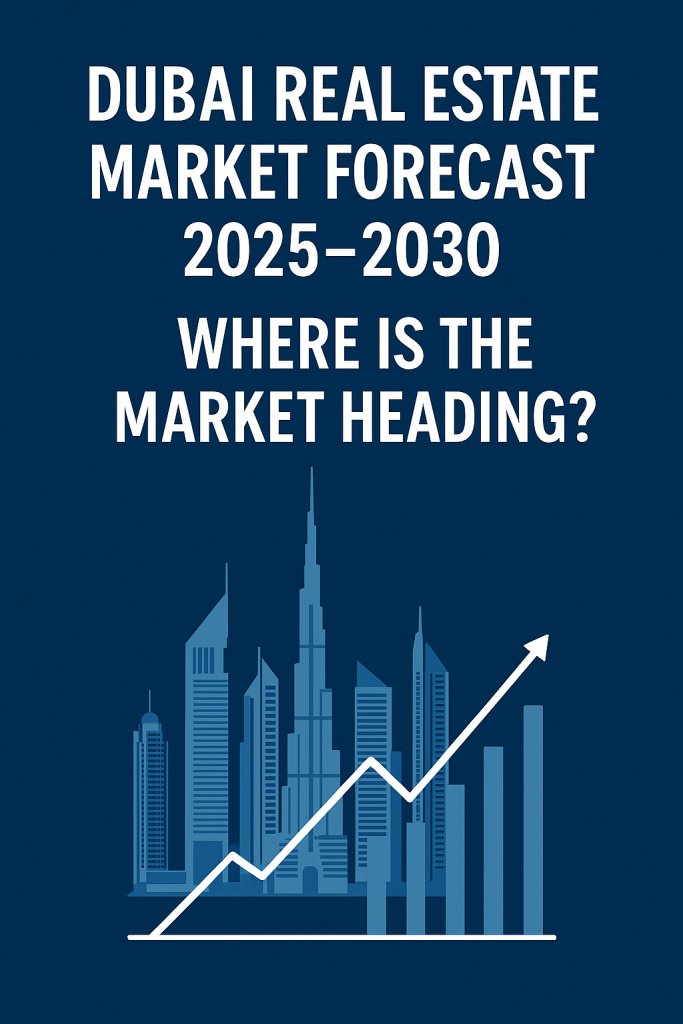
Dubai’s real estate market continues to capture the attention of global investors, not only because of its impressive architectural marvels but also due to the city’s visionary approach to urban development. Entering the period from 2025 to 2030, the property sector is widely expected to maintain a steady upward trajectory, supported by government-led initiatives, strong international demand, and Dubai’s positioning as a safe and profitable investment hub. One of the most prominent drivers of growth will be the dominance of off-plan properties. Developers are increasingly launching large-scale residential and mixed-use projects across emerging hotspots such as Dubai Creek Harbour, Business Bay, and Jumeirah Village Circle. These projects offer attractive payment plans, long-term value appreciation, and greater return on investment compared to ready properties, making them particularly appealing to younger expatriates and first-time buyers. Additionally, Dubai’s long-term urban vision places great emphasis on sustainability, smart living, and green communities, which is expected to influence buyer preferences and add further value to upcoming developments.

Where Is the Market Heading?
The luxury and ultra-luxury segments will continue to serve as a defining feature of Dubai’s real estate growth story. Waterfront mansions, branded residences by names such as Armani, Versace, and Bugatti, and ultra-modern penthouses in locations like Palm Jumeirah, Dubai Marina, and Downtown Dubai will remain in high demand, fueled largely by wealthy investors and high-net-worth individuals seeking secure and prestigious assets. However, the mid-market will not be left behind. Family-friendly areas like Dubai Silicon Oasis and JVC are expected to attract a steady stream of expatriates and young professionals, ensuring balance across the property landscape. At the same time, Dubai’s rental market is forecasted to stay strong, offering yields between 6% and 8% on average—some of the highest globally. Short-term rentals such as holiday homes and Airbnb will also thrive due to Dubai’s booming tourism and its status as one of the world’s most visited cities.
Looking ahead, the integration of technology and innovation will redefine the real estate experience between 2025 and 2030. Blockchain-based property transactions will bring greater transparency and trust, while AI-driven tools will help investors analyze trends and project returns with more accuracy. Virtual reality property tours will make it easier for international buyers to invest from abroad, further strengthening Dubai’s global appeal. Despite potential challenges such as economic uncertainties or oversupply in certain segments, Dubai’s proactive regulations, investor-friendly policies, and ambitious 2040 Urban Master Plan will safeguard long-term growth. With a market driven by vision, diversity, and resilience, Dubai real estate is poised to remain one of the most dynamic, rewarding, and globally competitive investment landscapes over the next decade.
Conclusion: Dubai 2025–2030 – A Market of Opportunities
The conclusion means that Dubai’s property market will not slow down between 2025 and 2030—instead, it will continue to expand steadily because of three main pillars: government support, futuristic city planning, and strong investor demand. Dubai’s leadership is actively shaping the market with policies such as the Golden Visa, foreign ownership rights, and strict RERA regulations that protect buyers. At the same time, the Dubai 2040 Urban Master Plan ensures that future developments will be sustainable, smart, and well-organized, making the city even more attractive to both residents and investors.
For investors, this outlook highlights a key point: the safest and smartest strategy is diversification. Instead of focusing only on one property type, it’s better to spread investments across different categories such as off-plan projects (for higher ROI and flexible payment plans), luxury properties (which attract high-net-worth individuals and retain long-term value), and sustainable or smart communities (which align with global demand for eco-friendly living). However, the market is dynamic, so investors should also monitor regulatory changes and market adjustments to avoid risks like oversupply or price fluctuations.
In simple words, the conclusion emphasizes that Dubai will remain a global real estate hotspot through 2030, offering excellent opportunities for those who plan carefully, diversify their investments, and stay updated on the latest rules and market trends.


